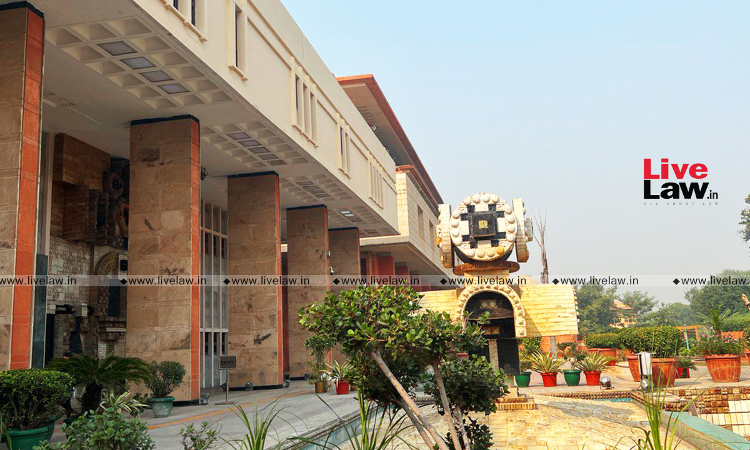The Delhi High Court has held that Section 67(2) of the GST Act does not empower the seizure of currency available on premises during a search.The bench of Justice Vibhu Bakhru and Justice Purushaindra Kumar Kaurav has directed the department to remit the amount seized to the petitioner’s bank account within a period of two weeks, along with accrued interest.The petitioner sought the...

